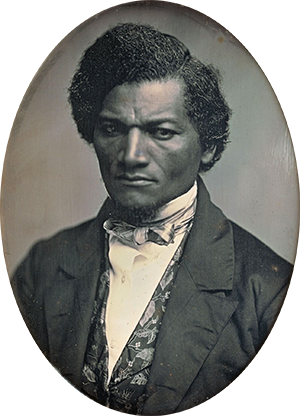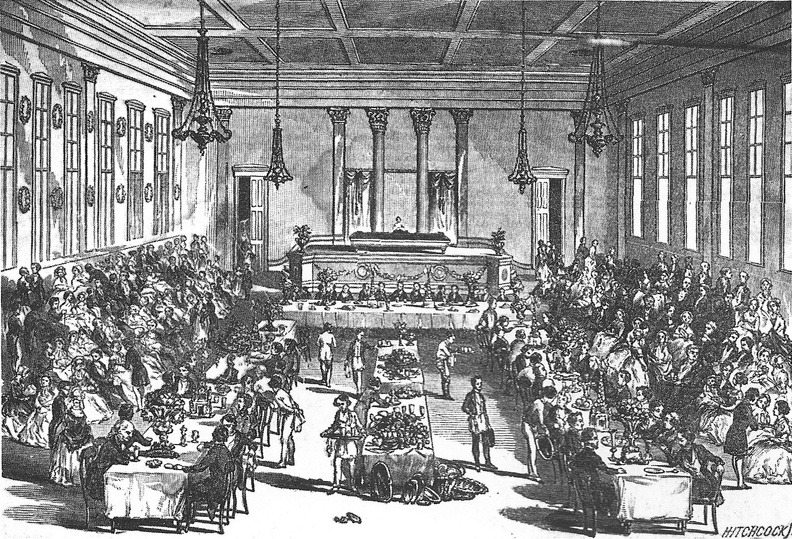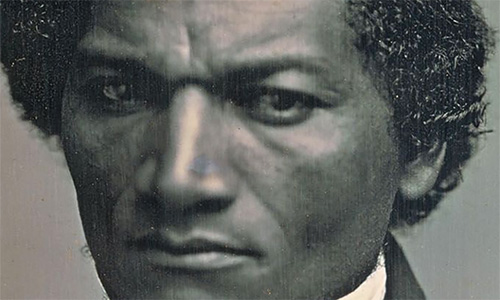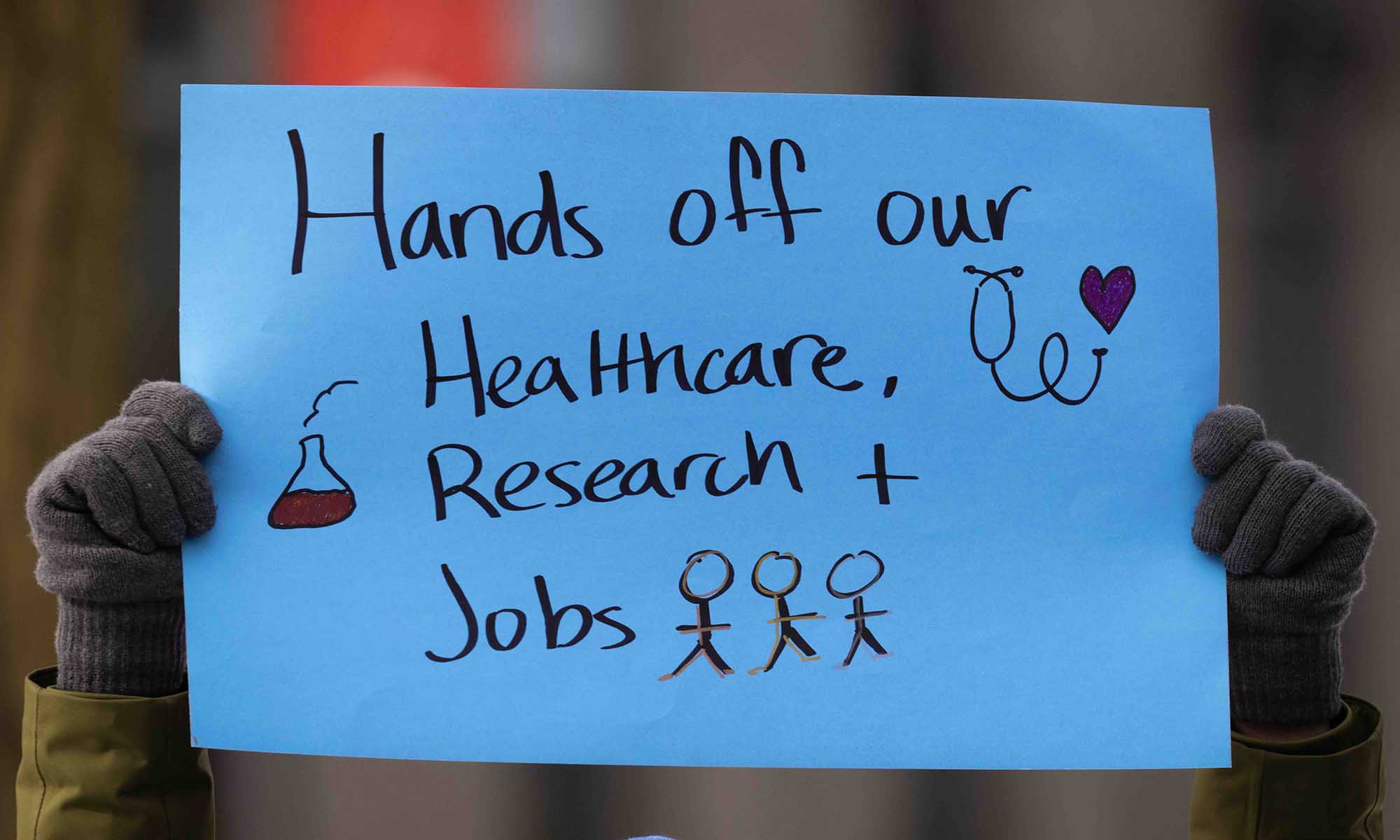 “This Fourth of July is yours, not mine. You may rejoice, I must mourn . . . Do you mean, citizens, to mock me, by asking me to speak to-day?”
“This Fourth of July is yours, not mine. You may rejoice, I must mourn . . . Do you mean, citizens, to mock me, by asking me to speak to-day?”
On July 5, 1852, Frederick Douglass gave a speech at an Independence Day celebration organized by the Rochester Ladies’ Anti-Slavery Society. Though a biting critique of the federal government’s support of slavery and the recently passed Fugitive Slave Act, the 500 to 600 people in attendance at Corinthian Hall heartily supported Douglass’s message.
What, to the American slave, is your 4th of July? I answer; a day that reveals to him, more than all other days in the year, the gross injustice and cruelty to which he is the constant victim. To him, your celebration is a sham; your boasted liberty, an unholy license; your national greatness, swelling vanity; your sound of rejoicing are empty and heartless; your denunciation of tyrants brass fronted impudence; your shout of liberty and equality, hollow mockery; your prayers and hymns, your sermons and thanks-givings, with all your religious parade and solemnity, are to him, mere bombast, fraud, deception, impiety, and hypocrisy—a thin veil to cover up crimes which would disgrace a nation of savages. There is not a nation on the earth guilty of practices more shocking and bloody than are the people of the United States, at this very hour.
Douglass printed the speech in his newspaper, Frederick Douglass’ Paper, and published 700 copies of it in pamphlet form. The River Campus Libraries Department of Rare Books, Special Collections, and Preservation’s holdings includes a manuscript collection of Douglass’s letters, photographs, and ephemera. Part of the collection has been digitized, including a readable copy of the July 5th oration.





